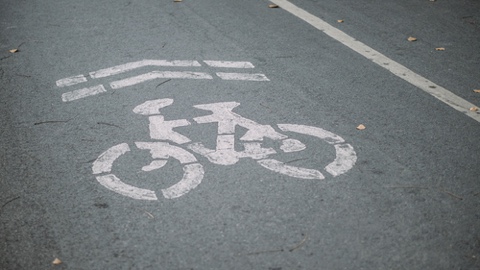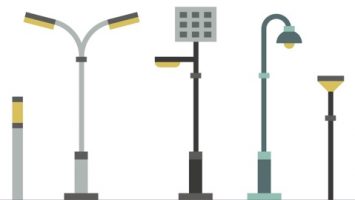
Tyler Folsom, a University of Washington Bothell affiliate professor in computing and software systems, is working to promote the use of self-driving bicycles. A 75,000 grant from Amazon Catalyst, an initiative by the Seattle-based online retailer and UW’s collaborative innovation hub CoMotion has enabled him to hire five interns plus a visiting scholar. The group is experimenting with installing electronics, batteries and mechanical gear on two former recumbent tricycles. Last summer, they were successfully able to remotely instruct the vehicle to make a circle.
Small autonomous electric vehicles that can be recharged through solar or wind power might be used in public transportation, like a self-driving taxi system. Such vehicles should be able to operate with minimal regulations and costs per autonomous bicycle should be able to be kept under $10,000. In future, Folsom hopes to provide autonomous capability to the ELF, built by the Organic Transit Company of Durham, North Carolina. It’s a solar and pedal-powered electric vehicle with an egg-shaped shell that can carry a couple of people.
Folsom states that self-driving bikes could have a global impact in several ways. They would cost far less than a self-driving car and could significantly improve safety and speed up local transportation in a city.
“The big thing for me is the effect this could have on global warming. If we can push transportation in this direction – very light vehicles – it’s a major win for the environment,” says Folsom, who rides an electric bike and drives an electric car himself. “I want to have the technology that lets people make that choice if we decide, yes, by the way, survival would be a nice thing.”


